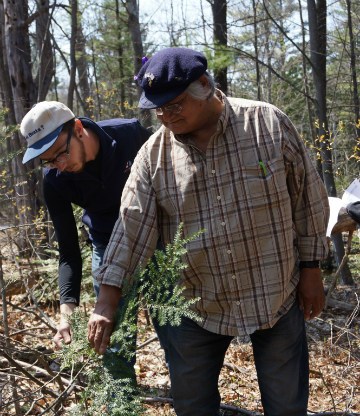
NPS photo
Anthropology is the scientific study of humans and their cultural, social, biological, and environmental aspects of life in the past and the present. Cultural anthropology is one of four areas of study in the broader field of anthropology (archeology, physical or biological anthropology, and linguistics being the other three). Cultural anthropologists specialize in the study of culture and peoples’ beliefs, practices, and the cognitive and social organization of human groups. Cultural anthropologists study how people who share a common cultural system organize and shape the physical and social world around them, and are in turn shaped by those ideas, behaviors, and physical environments.
Cultural anthropology is hallmarked by the concept of culture itself. While many definitions of “culture” have been offered and discussed in the academic literature for 100 years, a simple, yet complete definition of culture is “the knowledge people use to live their lives and the way in which they do so” (Handwerker 2002). The National Park Service uses an equally simple definition of culture in its guidelines for cultural resource management: “a system of behaviors (including economic, religious, and social), beliefs (values, ideologies), and social arrangements.”
Cultural anthropology is distinguished by the research methods employed in the study of human cultures. First among a wide suite of qualitative and quantitative methods is “participant observation,” a practice of living and participating within a community and gaining a deep understanding of the cultural system by active first-hand experience and participation in daily life. Participant observation is more than simply talking to people however, and is accompanied by systematic interview techniques using one-on-one interviews with cultural experts, focus groups, questionnaires, and surveys, as well as a variety of methods for exploring cultural knowledge and cultural domains.
Handwerker, W. Penn, 2002 "The Construct Validity of Cultures: Cultural Diversity, Culture Theory, and a Method for Ethnography". American Anthropologist 104(1):106-122.
Last updated: February 25, 2016
